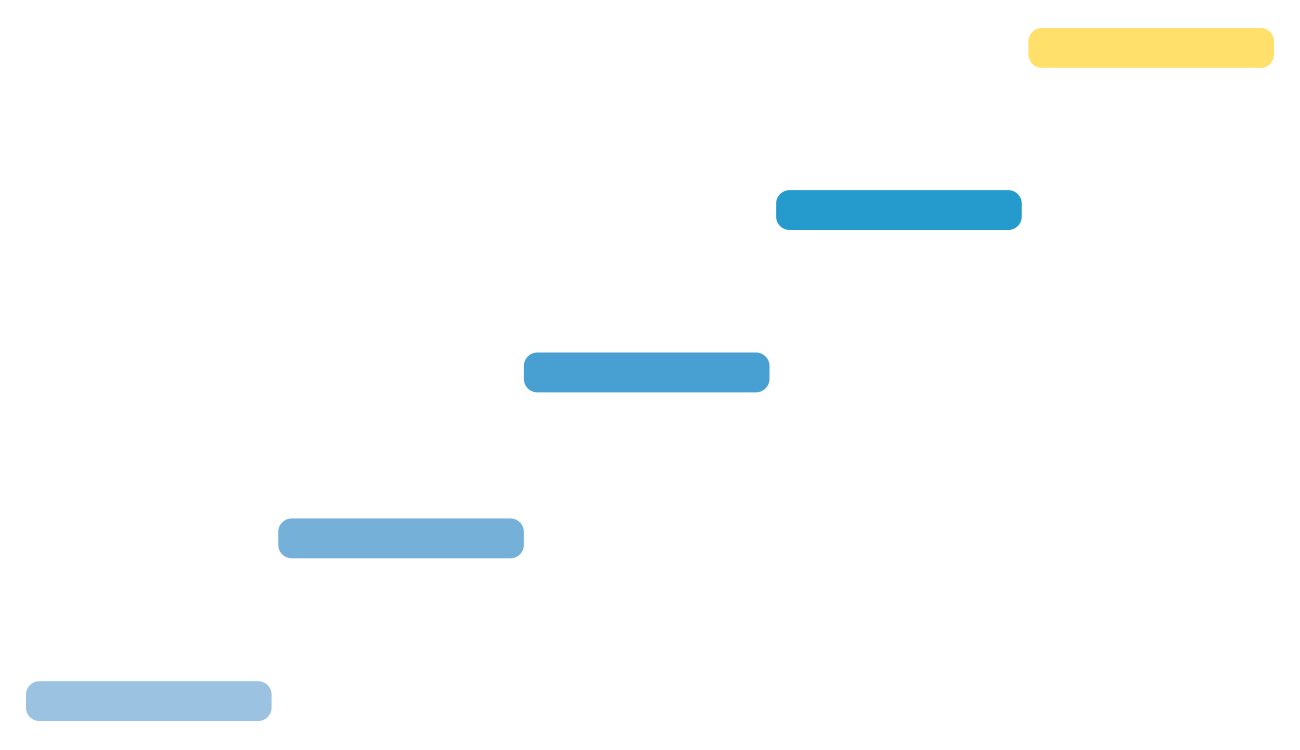Next steps
This is a process of change that starts with oneself. In practicing self-reflection, we can better understand how to create value from collaboration, deliver services in a holistic manner, and learn to work in discomfort while engaging respectfully.[1]Cull, I., Hancock, R. L. A., McKeown, S., Pidgeon, M. & Vedan, A. (2018). Front-Line Staff, Student Services, and Advisors Pulling Together: A Guide for Indigenization of Post- Secondary Institutions. Retrieved from https://opentextbc.ca/indigenizationfrontlineworkers/ For too long, we have been “doing for” or “doing to”; and we are learning how to shift into “doing by and doing with.” As a campus continues to grow and expand in its efforts to reach a diverse student population, a good place to measure success is through evaluating the experience of those with the softest voice. These are the students whose cultural backgrounds are the minority within the institution and are perceived as having the least power. Learning about their experience is crucial to understanding where the efforts must continue to be made by support staff, administrators, and faculty. Success will come when these students benefit from a healthier educational environment, their thoughts and ideas are viewed as contributions that are properly assessed and valued, and they are able to positively transform their institution.[2]Lopes, T. & Thomas, B. (2006). Dancing on Live Embers: Challenging Racism in Organizations. Between the Lines: Toronto, Canada.

References[+]
| ↑1 | Cull, I., Hancock, R. L. A., McKeown, S., Pidgeon, M. & Vedan, A. (2018). Front-Line Staff, Student Services, and Advisors Pulling Together: A Guide for Indigenization of Post- Secondary Institutions. Retrieved from https://opentextbc.ca/indigenizationfrontlineworkers/ |
|---|---|
| ↑2 | Lopes, T. & Thomas, B. (2006). Dancing on Live Embers: Challenging Racism in Organizations. Between the Lines: Toronto, Canada. |

